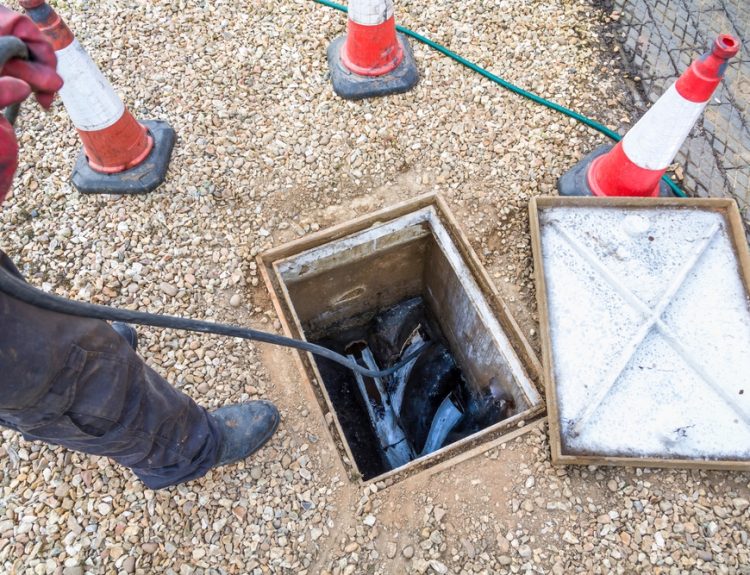In the vast expanse of the internet, the Dark Web exists as a mysterious and often misunderstood realm. This article aims to shed light on the hidden corners of cyberspace, exploring the risks and harsh realities associated with the Dark Web.
1. What is the Dark Web? Unveiling the Underbelly of the Internet
The Dark Web refers to a segment of the internet that is intentionally hidden and inaccessible through standard search engines. It operates on overlay networks that require specific software, configurations, or authorization to access. In contrast to the Surface Web, which is indexed and easily accessible, the Dark Web remains concealed and hosts a variety of anonymous activities.
2. Anonymity: The Double-Edged Sword
One of the defining features of the Dark Web is the emphasis on anonymity. Users often navigate this hidden space using specialized tools like Tor (The Onion Router), which conceals their identity and location. While anonymity can protect individuals in oppressive regimes or allow whistleblowers to share information, it also provides a refuge for illegal activities, including cybercrime, drug trafficking, and illicit marketplaces.
3. Illicit Marketplaces: A Hub for Illegal Transactions
The Dark Web is notorious for hosting illicit marketplaces where various illegal goods and services are bought and sold. These can range from drugs and firearms to stolen data, hacking tools, and even the hiring of hackers for cyber-attacks. Cryptocurrencies are the preferred mode of payment, providing an additional layer of anonymity to these transactions.
4. Cybercrime and Hacking Forums: A Breeding Ground for Criminal Activity
Within the Dark Web, forums and communities dedicated to cybercrime flourish. These spaces serve as hubs for hackers and cybercriminals to share tools, techniques, and stolen data. The collaborative nature of these forums poses a significant threat to cybersecurity, as it facilitates the exchange of knowledge that can be used for malicious purposes.
5. Access to Sensitive Information: The Dark Side of Data Breaches
The Dark Web is a marketplace for stolen data obtained through cyber-attacks and data breaches. Personal information, login credentials, and financial data are traded and sold, leading to identity theft, fraudulent activities, and compromised security for individuals and organizations alike.
6. Government Surveillance and Counter-Terrorism: The Battle for Control
Governments and law enforcement agencies actively monitor the Dark Web to counter criminal activities and potential security threats. The battle between authorities and those engaged in illicit activities on the Dark Web is ongoing, with each side employing advanced technologies and strategies to gain an upper hand.
7. Ethical Hacking and Security Research: A Light in the Darkness
Despite its dark reputation, the Dark Web also serves as a space for ethical hacking and security research. White-hat hackers and cybersecurity experts often navigate these hidden channels to uncover vulnerabilities, study cyber threats, and contribute to the development of countermeasures against malicious activities.
Risks and Precautions:
8. Personal Security: Navigating the Dark Web Safely
Exploring the Dark Web poses inherent risks, including exposure to illegal content and potential security threats. Individuals considering accessing the Dark Web for research or ethical hacking purposes should prioritize their safety by using secure and anonymous tools, staying informed about potential dangers, and avoiding engagement in illegal activities.
9. Legal Implications: Understanding the Consequences
Engaging in illegal activities on the Dark Web can have severe legal consequences. Law enforcement agencies worldwide are actively monitoring and prosecuting individuals involved in cybercrime, illicit transactions, and other illegal actions. It is crucial to understand the legal implications and refrain from participating in any activities that violate the law.
The Dark Web: A Complex Tapestry
In conclusion, the Dark Web is a complex and multifaceted environment that harbors both risks and valuable contributions. While it remains a hub for illicit activities, it also serves as a space for ethical hacking, research, and discussions about privacy and security. Navigating the Dark Web requires a nuanced understanding of its intricacies and a commitment to ethical conduct to ensure that one does not become entangled in its shadowy underbelly.







